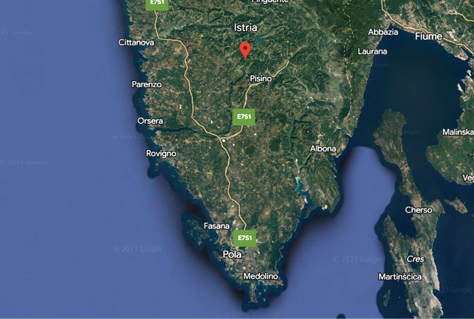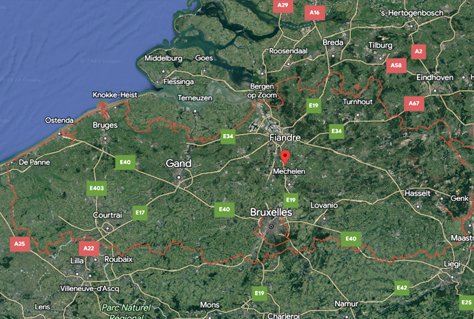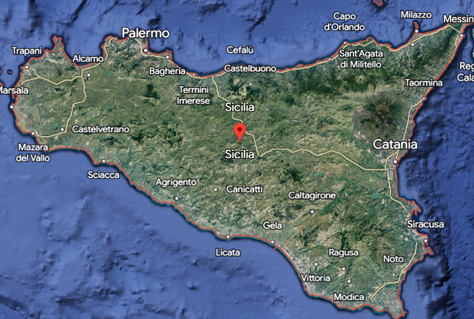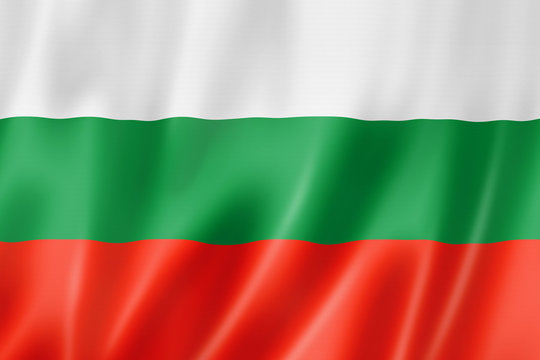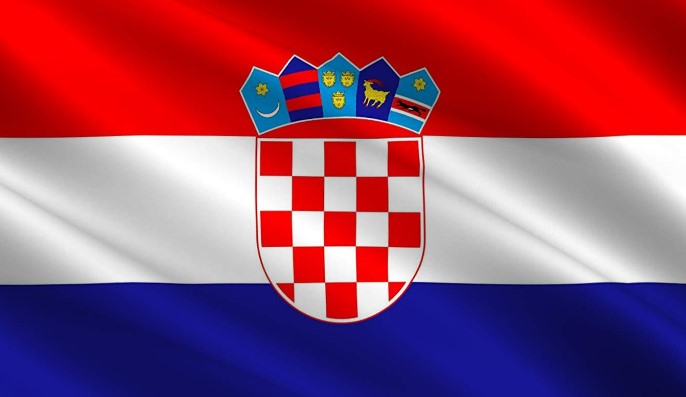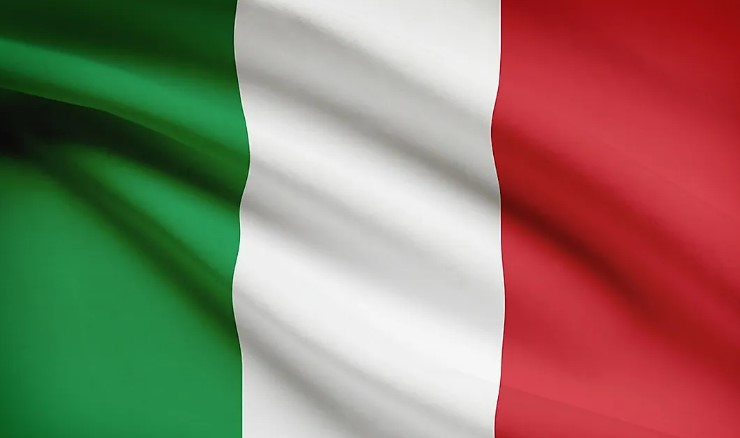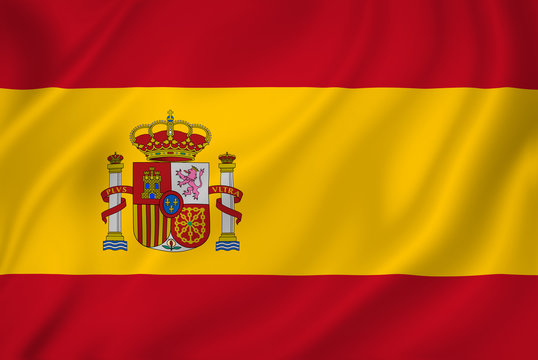
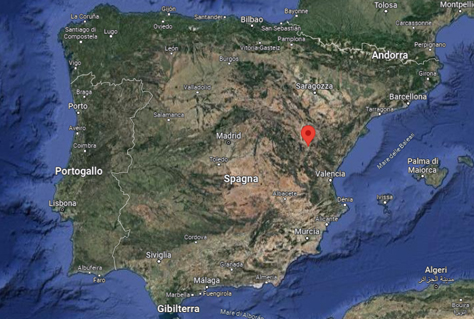
Spain – Teruel – Aragòn
Teruel is a province located in the autonomous community of Aragon, in north-eastern Spain. It is known for its natural beauty, but has faced significant economic and demographic challenges over the years. Below is some information on the economic and social fabric of Teruel, with data updated until September 2021:
Agriculture is an important part of Teruel's economy. The province is known for the production of cereals, olives and wine. Livestock raising and cheese production are also significant activities.Industria: Sebbene l’industria non sia altamente sviluppata, ci sono settori come la metallurgia, la lavorazione del legno e la produzione di materiali da costruzione che contribuiscono all’economia locale. il Turismo: Il turismo sta diventando sempre più importante per Teruel grazie al suo patrimonio storico e naturale. La città di Teruel è famosa per il suo stile mudéjar e i suoi edifici storici. La provincia attrae anche visitatori amanti della natura con le sue montagne e parchi naturali.
One of Teruel's most significant challenges is population decline. In recent decades, the province has lost population due to the emigration of young people seeking economic opportunities in Spain's large cities. Il declino demografico è correlato all’invecchiamento della popolazione. La mancanza di opportunità lavorative per i giovani ha contribuito a questo problema demografico. Il governo regionale dell’Aragona e il governo centrale spagnolo hanno implementato programmi di sviluppo per affrontare le sfide economiche e demografiche di Teruel. Questi programmi mirano a promuovere l’occupazione, migliorare le infrastrutture e stimolare l’attrattiva della provincia per le imprese e i turisti.
È importante notare che la situazione economica e sociale può cambiare nel tempo, e alcuni di questi dati potrebbero essere evoluti dopo il mio ultimo aggiornamento nel settembre 2021. Pertanto, è consigliabile consultare fonti aggiornate per ottenere informazioni più recenti sulla provincia di Teruel, Aragón, Spagna.



